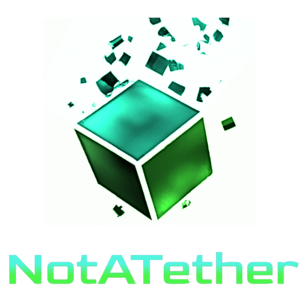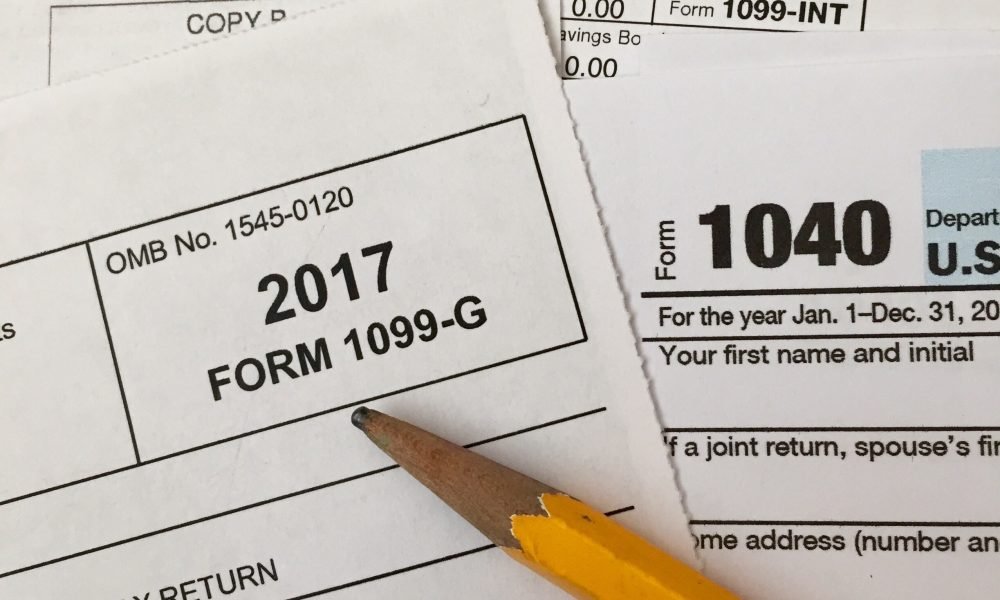The following content was written by 1337leet on February 15, 2018, 04:31:49 PM in the thread How does TxFee work?. All content is owned by the author of the bitcointalk.org post. (original)
Hey there,
if I send BTC I have to pay a fee in relation to the size of my tx – so far so good. But what happens with this fee?
If some miners find a block they get rewarded from the block with new Coins – so where are my TxFees?
Are they lost? Are they for the system? Are they for the miners?
The following content was written by ranochigo on February 15, 2018, 04:35:43 PM in the thread How does TxFee work?. All content is owned by the author of the bitcointalk.org post. (original)
If some miners find a block they get rewarded from the block with new Coins – so where are my TxFees?
Are they lost? Are they for the system? Are they for the miners?
Miners can claim the transaction fees by including the block reward + transaction fee to an address in their coinbase transactions. They can choose to claim less than that but they cannot exceed it.
The following content was written by 1337leet on February 15, 2018, 04:44:42 PM in the thread How does TxFee work?. All content is owned by the author of the bitcointalk.org post. (original)
Does this mean, that if a miningpool finds a block the one person who actually found the block will get the block reward (depending on how much work he did) + all the tx fees from the block?
The following content was written by DannyHamilton on February 15, 2018, 04:47:44 PM in the thread How does TxFee work?. All content is owned by the author of the bitcointalk.org post. (original)
No. It means that when the mining pool builds the block, the mining pool will decide what to do with the block reward (subsidy plus fees). Then the person that actually solves the block will broadcast it. The mining pool will then pay out to everyone according to the rules of the mining pool.
The following content was written by 1337leet on February 15, 2018, 04:55:43 PM in the thread How does TxFee work?. All content is owned by the author of the bitcointalk.org post. (original)
So it’s just
((block reward + tx fees) / number of total shares) * number of rendered shares
Means that the “block reward” is block reward + tx fees?
So there are not only 12,5 BTC per found block but also the tx fees in addition?
The tx fees are also divided to all the miners?
The following content was written by DannyHamilton on February 15, 2018, 05:00:27 PM in the thread How does TxFee work?. All content is owned by the author of the bitcointalk.org post. (original)
((block reward + tx fees) / number of total shares) * number of rendered shares
Each pool has their own rules about how to share the revenue. You’d have to check with the specific pool.
Correct.
To avoid confusion, you can call the 12.5 BTC a “block subsidy”.
Then the block reward is block subsidy + transaction fees.
Effectively, yes.
However, technically, neither the subsidy NOR the fees are “found”. They are simply assigned in a transaction that the block builder includes in the block when they build it.
That depends on the rules of the pool.
Each pool has their own rules about how to share the revenue. You’d have to check with the specific pool.
The following content was written by 1337leet on February 15, 2018, 05:09:47 PM in the thread How does TxFee work?. All content is owned by the author of the bitcointalk.org post. (original)
Ok, thank you very much, I got it now.
But why do we need tx fees if the miners will get the block reward? Isn’t this enough?
Is this process designed for the time when all blocks are found or the block reward is so small that miners won’t work anymore because their reward is too low?
How much is the tx fee reward per block approximately? So how much tx fee is added to the subsidy? Just to get an idea if it’s just 0,0001 BTC or more like 1 BTC per Block in total of all tx fees?
And btw – how are transactions transfered once all blocks are found?
The following content was written by ranochigo on February 15, 2018, 05:32:18 PM in the thread How does TxFee work?. All content is owned by the author of the bitcointalk.org post. (original)
The following content was written by DannyHamilton on February 15, 2018, 05:48:00 PM in the thread How does TxFee work?. All content is owned by the author of the bitcointalk.org post. (original)
But why do we need tx fees if the miners will get the block reward? Isn’t this enough?
There is a limited amount of space in a block. The miner needs to decide which transactions to include in the block. The transaction fee is a way for the transaction sender to provide an incentive for the miner to choose the transaction. You don’t have to provide a fee if you don’t want to, but since the miner is profit motivated, they will choose the transactions that DO provide a fee unless they have extra space or they feel very charitable.
– snip –
And btw – how are transactions transfered once all blocks are found?
There is no such thing as “all blocks found”. As long as bitcoin exists, there will continue to be more blocks.
The fees will slowly replace the subsidy as the main source of revenue for the miners. Approximately every 4 years (exactly every 210,000 blocks) the subsidy is cut in half. Eventually the subsidy will be less than the fees. Then (in about 110 more years) the subsidy will disappear completely, but mining (block building and solving) will continue to earn the fees.
That depends on how much the transaction senders are willing to pay. It changes with time. For example, the average fees in the most recent 5 blocks is 0.39829937 BTC per block, while the average fees in 5 blocks chosen randomly from December 25 (blocks 501000 through 501004) was 6.30986372 BTC per block.
The transaction senders choose how much fee they want to include. The miner then chooses the fees that pay the highest fee per byte (or block weight) until the block is full. If people are paying higher fees, then the miner gets more revenue.
As bitcoin becomes more popular, there are more transactions. As there are more transactions, the senders offer higher fees to get their transactions confirmed. This increases fees overall. If the fees get too expensive, then people stop using bitcoin. The reduction in use means less transactions which means it is easier to get a transaction into a block. Therefore, people pay less fees. Eventually the fees get cheap enough that more people are willing to pay them. This increases the number of transactions. It is likely that the fees and transaction volume will bounce around a bit until it reaches some equilibrium. It is not currently known where that equilibrium will be. The people will decide for themselves as the system develops and matures. I expect that the total fees will be higher a few years from now than they are right now.
The following content was written by 1337leet on February 15, 2018, 06:13:11 PM in the thread How does TxFee work?. All content is owned by the author of the bitcointalk.org post. (original)
All right, thank you guys very much

The following content was written by madhavanmalolan on February 16, 2018, 08:04:36 AM in the thread How does TxFee work?. All content is owned by the author of the bitcointalk.org post. (original)
Just to add to the discussion …
Transaction fees is collected by the miner. This becomes much more important once the mining rewards caps out (in year 2134). From that point on the only source of income for the Miners will be this transaction fees

